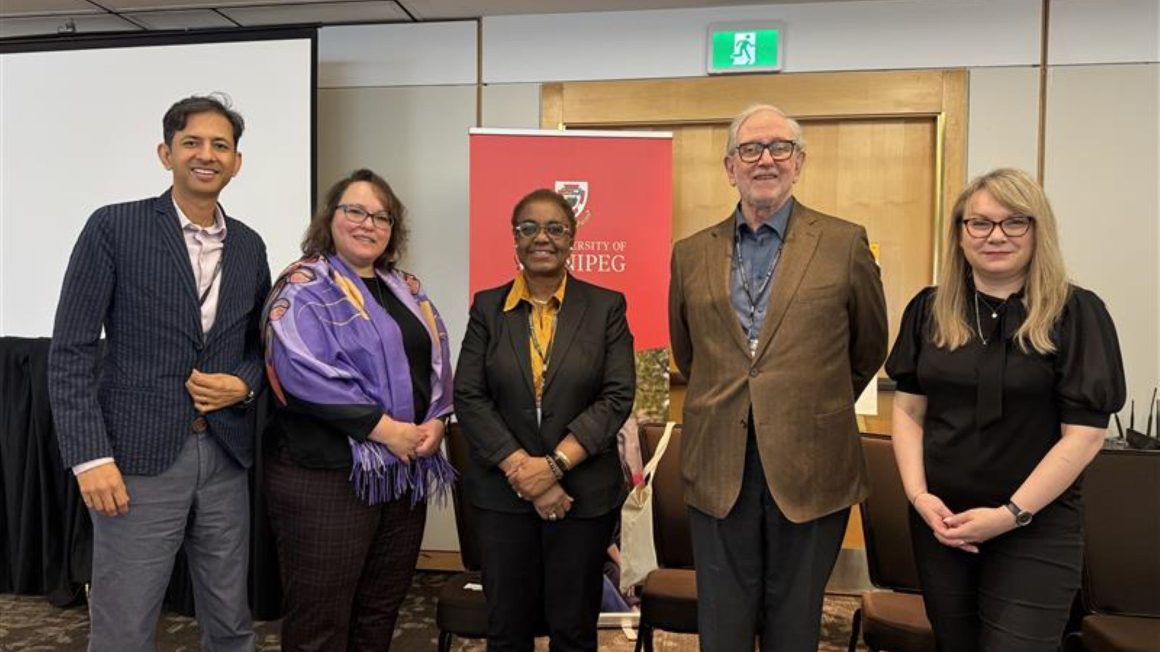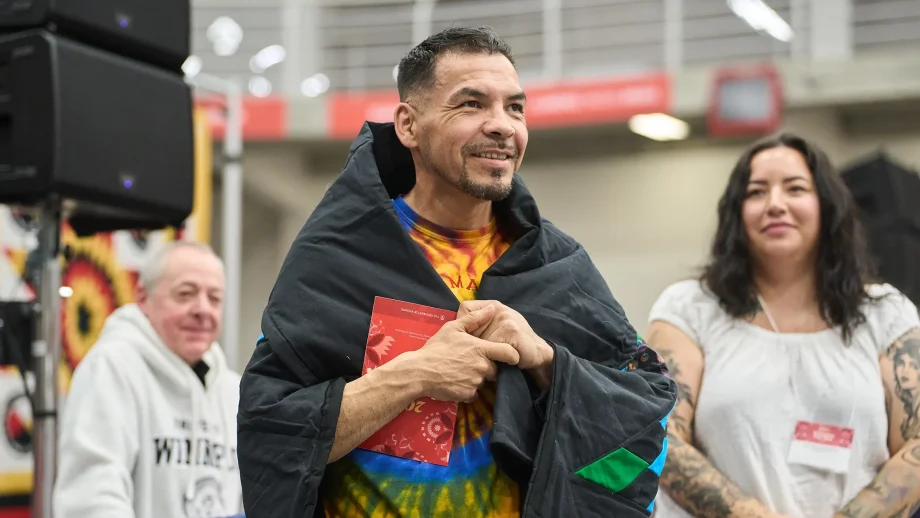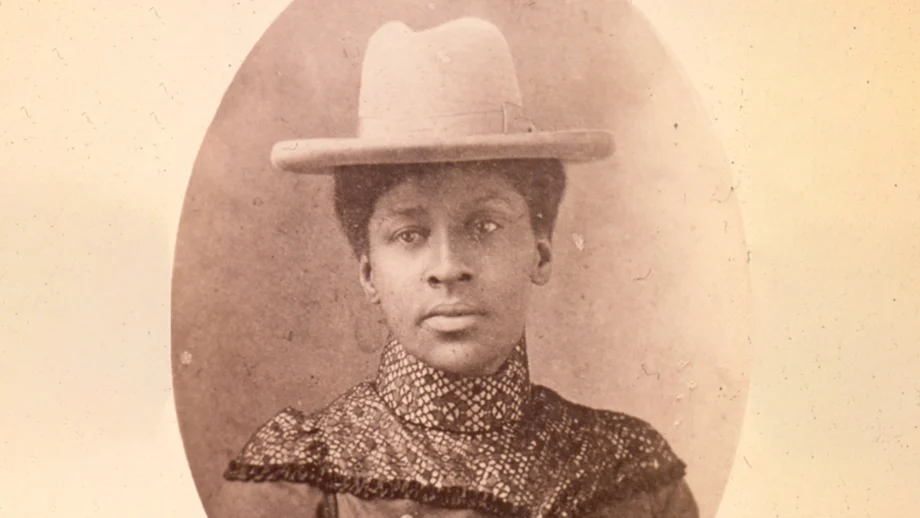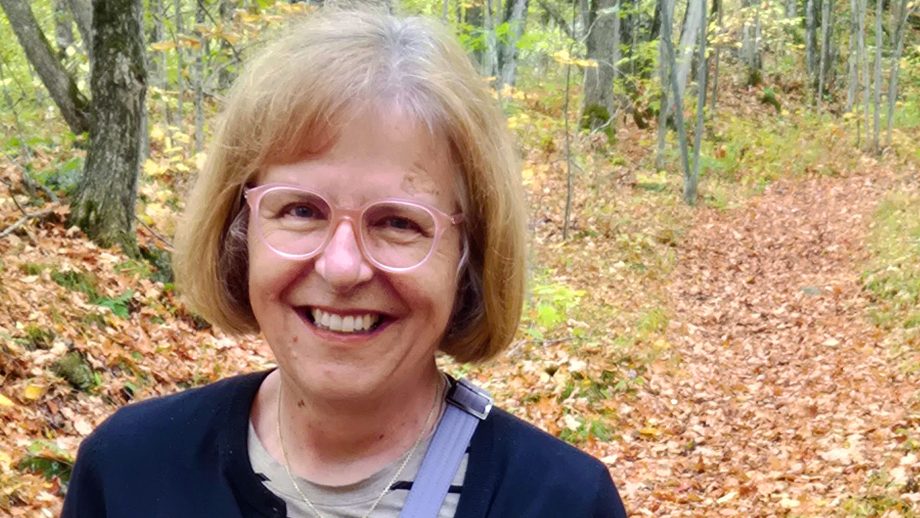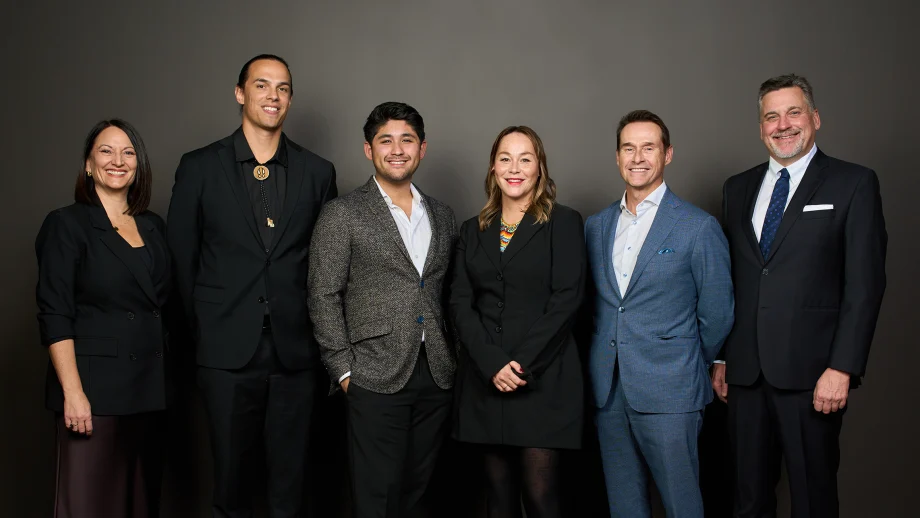The University of Winnipeg hosted this year’s Western Vice-Presidents Academic and Vice-Presidents Research Conference, which took place in Victoria, BC, this March.
This annual event brought together academic and research leaders from across Western Canada to share insights, discuss emerging trends, and explore solutions to the pressing issues facing universities today.
The theme of this year’s conference, The University of Tomorrow: Confident Pluralisms, Diverse Spaces, and New Technologies, prompted thoughtful conversations about the future of higher education during a time of technological disruption, financial constraints, and increasing societal polarization.
“It was an honour for our university to take a leading role in facilitating this important conversation,” said Dr. Pavlina Radia, Provost and Vice-President, Academic at The University of Winnipeg and convenor of the conference. “This conference challenged us all to reimagine the future of higher education—to think boldly about research and teaching excellence, to nurture critical inquiry and diverse worldviews, and to better serve students and society as a whole in the years ahead.”
The conference featured a series of compelling keynote speakers, including Dr. Sheila Cote-Meek, Director, Indigenous Educational Studies Programs at Brock University, Dr. Angela Jaime, Vice-Provost Indigenous Engagement at University of Saskatchewan, Dr. Malinda Smith, Associate Vice-President Research (Equity, Diversity and Inclusion) at the University of Calgary, and Dr. Mark Daley, Chief AI Officer at Western University. Topics ranged from “Practical Approaches to Reconciliation, Indigenization, and Decolonization” and “Universities, IDEA and Pluralism in Fragile Democracies” to “Life in a Post-Anthropocentric Intelligence Paradigm” and “Future-Proofing Integrity in the Age of Artificial Intelligence.”
“This conference provided a platform for academic leaders to critically examine the transformative power of AI in post-secondary education,” said Dr. Jitendra Paliwal, Vice-President, Research and Innovation. “What emerged was a collective vision, not merely of adapting to change, but of shaping it through purpose-driven leadership, shared responsibility, and meaningful collaboration.”
For the first time in its history, the conference launched an ongoing virtual network to keep academic and research leaders connected year-round.

